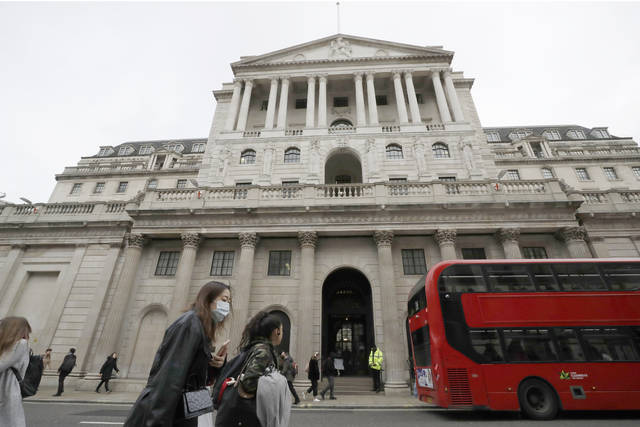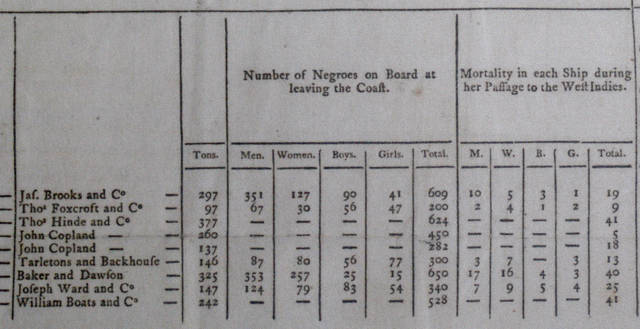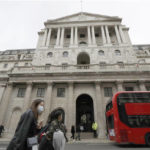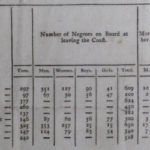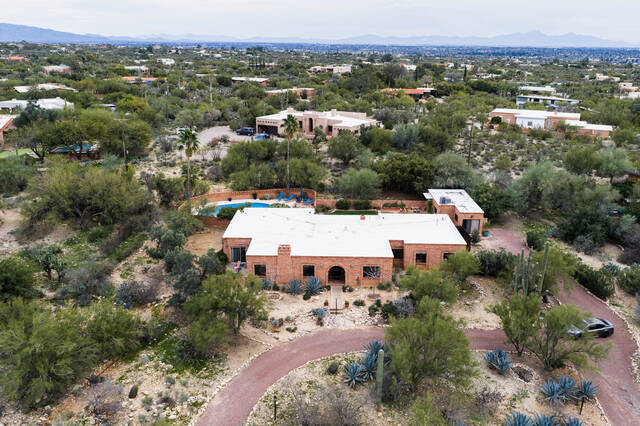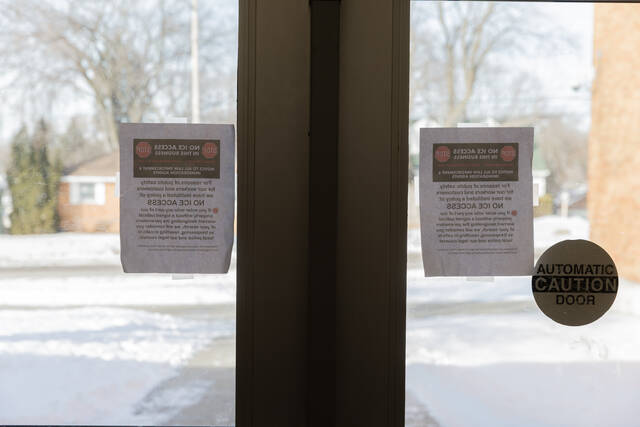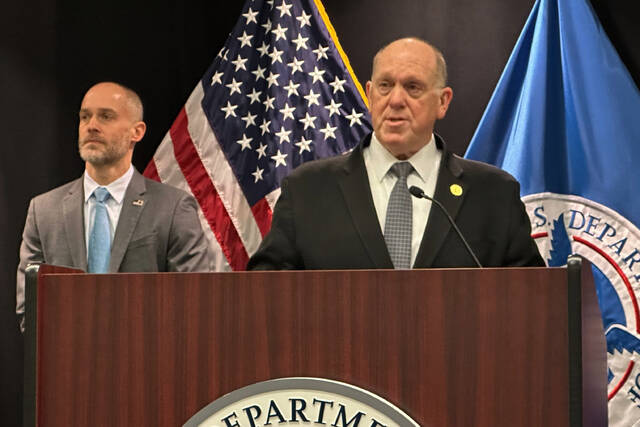LONDON — The Bank of England has apologized for the links some of its past governors had with slavery, as a global anti-racism movement sparked by the death of George Floyd forces many British institutions to confront uncomfortable truths about their pasts.
The central bank called the trade in human beings “an unacceptable part of English history,” and pledged not to display any images of former leaders who had any involvement.
“The bank has commenced a thorough review of its collection of images of former governors and directors, to ensure none with any such involvement in the slave trade remain on display anywhere in the bank,” the institution said in statement.
The decision comes after two British companies on Thursday promised to financially support projects assisting minorities after being called out for past roles in the slave trade.
Insurance giant Lloyd’s of London and pub chain Greene King made the pledges after media highlighted their inclusion on a University College London database of individuals and companies with ties to the slave trade.
Launched in 2013, the database shows how deeply the tentacles of slavery are woven into modern British society.
It lists thousands of people who received compensation for loss of their “possessions” when slave ownership was outlawed by Britain in 1833. It reveals that many businesses, buildings and art collections that still exist today were funded by the proceeds of the slave trade, and highlights the fact that many 19th-century Britons benefited from slave ownership.
Those listed on the database include governors and directors of the Bank of England and executives in companies that are still active.
About 46,000 people were paid a total of 20 million pounds — the equivalent of 40% of all annual government spending at the time — after the freeing of slaves in British colonies in the Caribbean, Mauritius and southern Africa. The loan the government took out to cover the compensation was so large that it was not repaid in full until 2015.
Compensation for slave-owners was opposed by some abolitionists, who argued it was immoral, but it was approved as the political price of getting the 1833 abolition bill passed.
Memorials to people who profited from the slave trade have become the focus of campaigns in several countries as racial equality protests spread around the world in the wake of Floyd’s May 25 death in Minneapolis.
Earlier this month, protesters in the English city of Bristol hauled down a statue of Edward Colston, a 17th-century slave trader and philanthropist, and dumped it in the city’s harbor.
Oxford University’s Oriel College has recommended the removal of a statue of Cecil Rhodes, a Victorian imperialist in southern Africa who made a fortune from mines and endowed Oxford’s Rhodes scholarships for international students.


